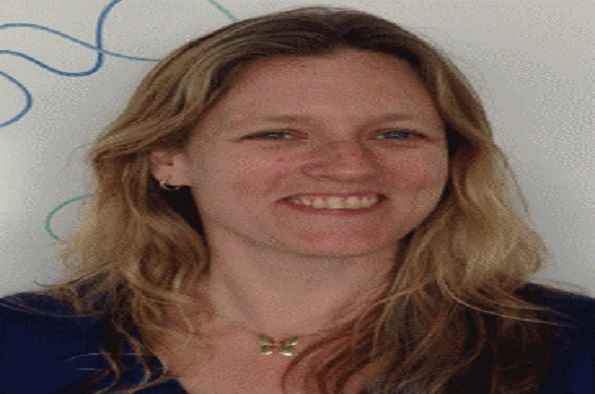
Specificity and disease in the Ubiquitin system
- Kelly Welburn
- Suitable for: Suitable for staff and students at the University of Liverpool
- Admission: Free Event
Add this event to my calendar
Click on "Create a calendar file" and your browser will download a .ics file for this event.
Microsoft Outlook: Download the file, double-click it to open it in Outlook, then click on "Save & Close" to save it to your calendar. If that doesn't work go into Outlook, click on the File tab, then on Open & Export, then Open Calendar. Select your .ics file then click on "Save & Close".
Google Calendar: download the file, then go into your calendar. On the left where it says "Other calendars" click on the arrow icon and then click on Import calendar. Click on Browse and select the .ics file, then click on Import.
Apple Calendar: The file may open automatically with an option to save it to your calendar. If not, download the file, then you can either drag it to Calendar or import the file by going to File >Import > Import and choosing the .ics file.
Post-translational modification by ubiquitin is an essential regulatory process. My goal is to understand how ubiquitin is ligated to substrates. The Fanconi Anemia pathway is an exquisitely specific system, employing one E2 to target a single lysine on each of two homologous substrates. This signal is required for repair of DNA interstrand crosslinks. Conversely, the E3 ligase Parkin, mutated in hereditary Parkinsonism, has multiple substrates, targets multiple lysines, and collaborates with many E2s. Thus each system presents an intriguing set of questions regarding substrate specificity, chain type, and regulation. I will present an overview our efforts to address the questions of specificity and disease in the ubiquitin system.
